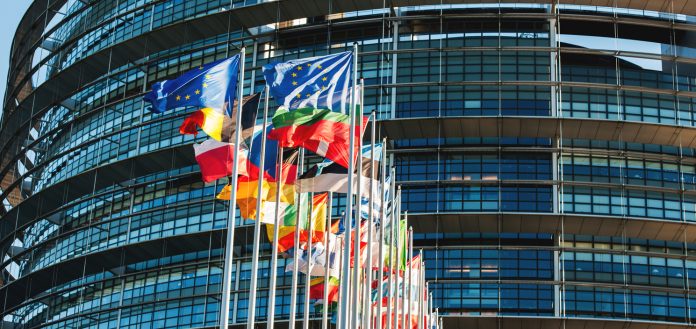Paul Soete, President of the Fundamental Rights and Rule of Law Group from the European Economic and Social Committee, charts fundamental rights and the rule of law, with emphasis on putting civil society at the centre
We are all aware of the general picture: our democracies are not set in stone – this is true in Europe and beyond. In many European Union (EU) Member States, we are witnessing the rise of populist and anti-human rights political agendas, alongside a regression from high standards in human rights, non-discrimination, media freedom, judicial independence, and free and open civic spaces.
On the positive side, the EU has stopped merely observing these trends. In recent years, the European Commission and co-legislators (the European Parliament and the Council) have established critical frameworks such as the rule of law review mechanism, budgetary conditionality based on fundamental rights and the rule of law, the European Media Freedom Act, and various equality strategies. The European Economic and Social Committee (EESC) has provided input on each of these initiatives.
Our Committee has also taken direct action. Alerted to the increasing threats to our democracies, EESC Members created the Fundamental Rights and Rule of Law (FRRL) Group in 2018, even before the European Commission started working on its rule of law reports, deciding to conduct country visits in all Member States to allow national CSOs’ voices to be heard at EU level.
Is the European institutional response to the current challenges adequate?
We recently completed a cycle of visits to all 27 EU Member States. Given the magnitude of the current challenges, much more must be done at both the European and national levels. From our visits to each EU Member State, one key conclusion is that an important implementation gap needs to be bridged between generally sound legislation (such as anti-discrimination laws) and the realities on the ground.
Additionally, our democracies face major resource challenges: We have, for instance, heard from many lawyers and magistrates about the lack of human and financial resources allocated to ensure efficient and independent justice – not only on paper but in practice. Media professionals also need better support as they face multiple challenges in a sector disrupted by digitalisation and threats to pluralism, truth, and freedom of information.
None of the 27 EU Member States visited by the FRRL Group was free from real challenges, but the actual scope and magnitude of these challenges varied considerably from country to country. The impression that emerged from a few of the countries visited was even one of profound fundamental rights and the rule of law crisis. This is concerning and calls for action.
What more the EU and the EESC should do
The EESC’s FRRL Group has taken the initiative to engage closely with civil society, hearing their concerns and sharing their advice directly. Through our country visits, we have met with over 600 representatives from employers’ organisations, trade unions, CSOs, journalists, legal professionals and others.
We have produced 27 reports on these visits, made available to the European Commission as part of its yearly rule of law review. These reports complement the Commission’s work, bringing a socio-economic focus to fundamental rights and rule of law issues and putting civil society at the centre.
The EESC has also been producing opinions that highlight issues that we believe need more attention, such as the link between the rule of law and economic growth.
Through this work, we hope to contribute to what the European Commission has called the necessary development of a ‘joint European culture of the rule of law’. We see intrinsic value in debate and social and civil dialogue. This is why our reports include observations from authorities, fostering constructive dialogue at both national and European levels. However, the EESC aims to be more than an ‘echo chamber’ for civil society’s concerns. Dialogue should also drive action.
The report concluding our first cycle of visits connects civil society perspectives with a set of practical recommendations based on the highest international standards in various fields and the corpus of EESC Opinions relevant to these fields. Implementing these recommendations would be a strong first step toward change.
Fundamental rights and the rule of law: The next step
We must be far more ambitious in integrating civil society into Europe’s response to challenges of fundamental rights and the rule of law. Our FRRL Group pioneered this approach, even before the European Commission introduced the rule of law review mechanism. Now, it is time to make another long-standing EESC recommendation a reality. As early as 2016, we called for establishing a civil society forum on these issues.
The Political Guidelines for the next European Commission recently proposed creating a civil society platform on democracy, the rule of law, and related issues. With its experience, the EESC is well-placed to act as a channel for organised civil society in these areas while respecting its autonomy and diversity.
We want to play a role in making this project a reality, in full cooperation with civil society and other EU institutions. At the same time, it should not be forgotten that, as a Treaty-based consultative body, we already provide a solid structure for civil society to influence EU policy processes officially.











